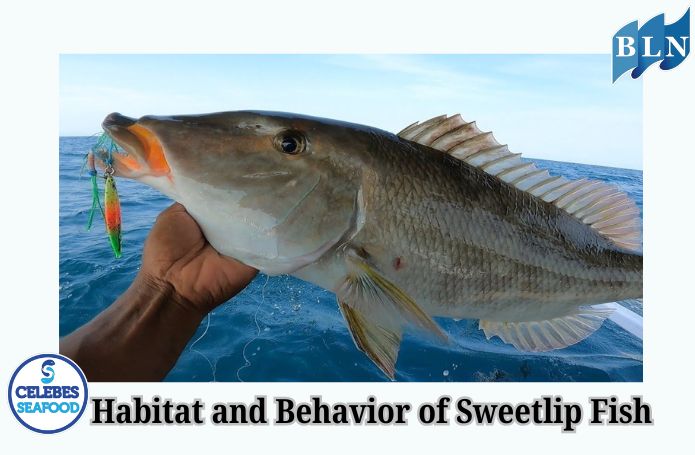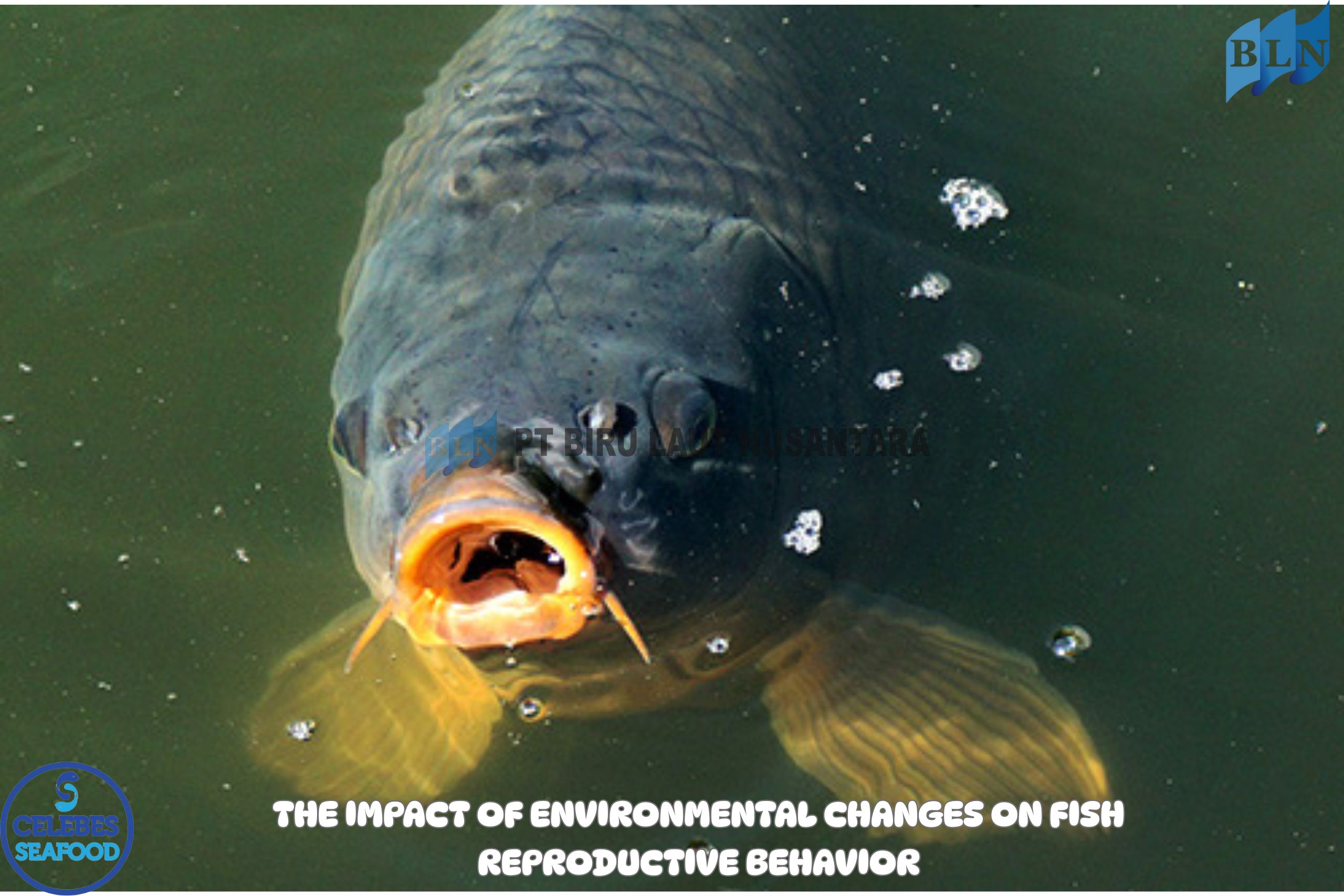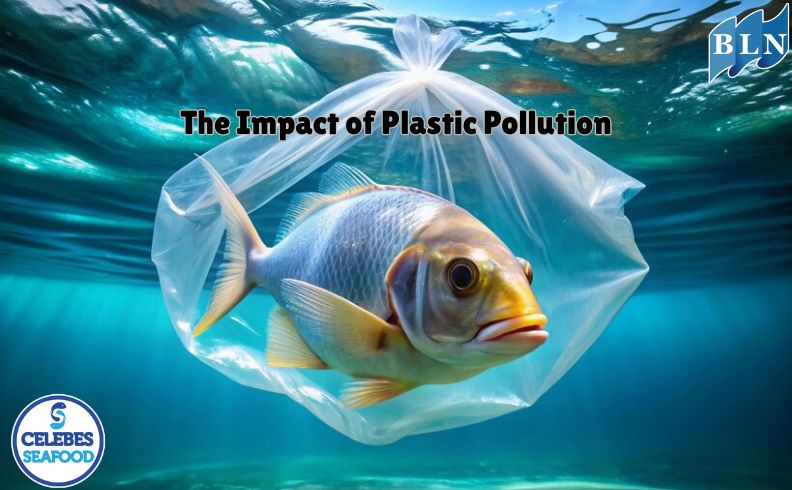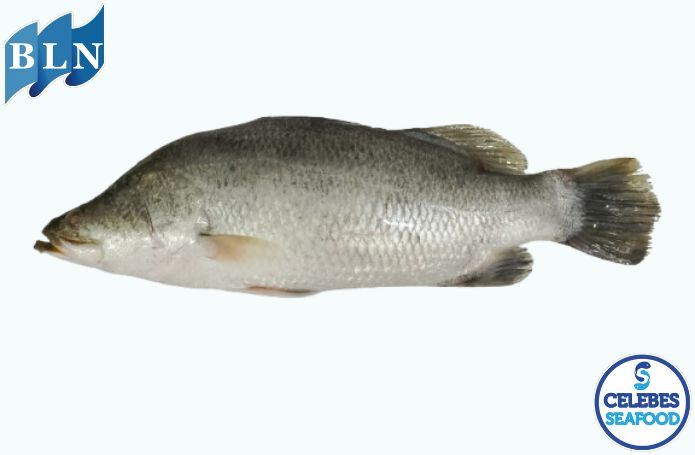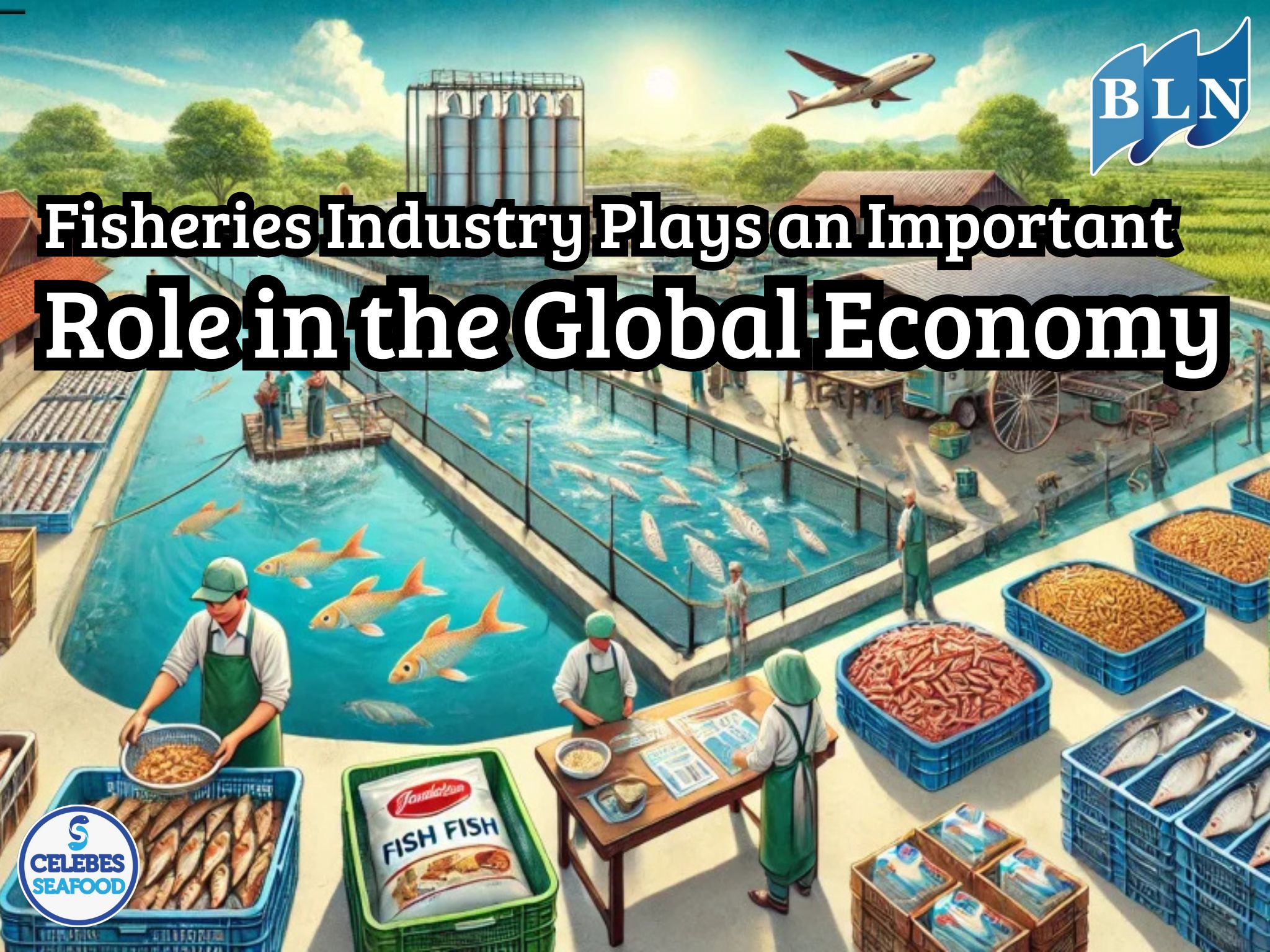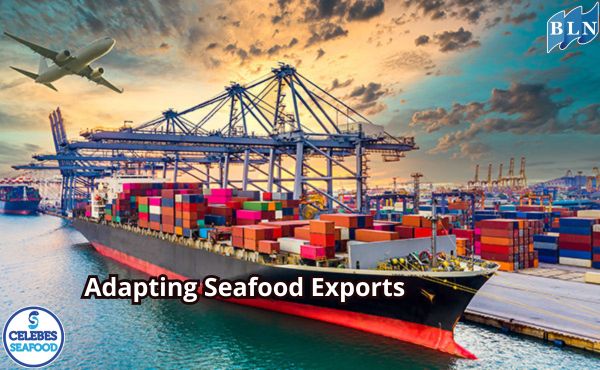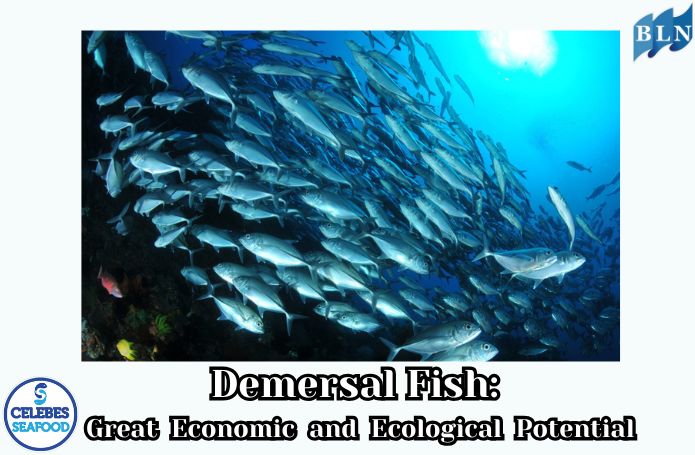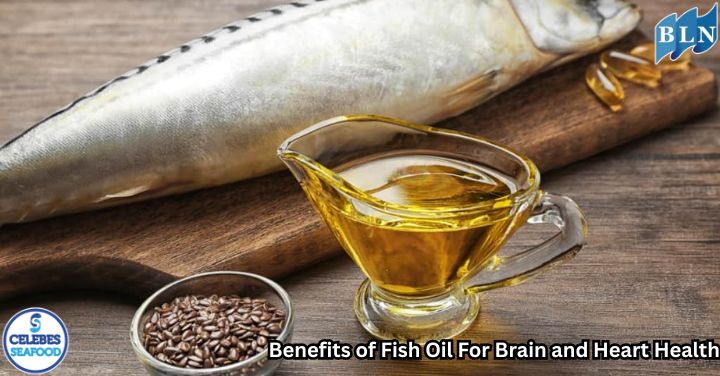Aquaculture Indonesia: The Key to Solving the World Food Crisis
By. Rani - 10 May 2025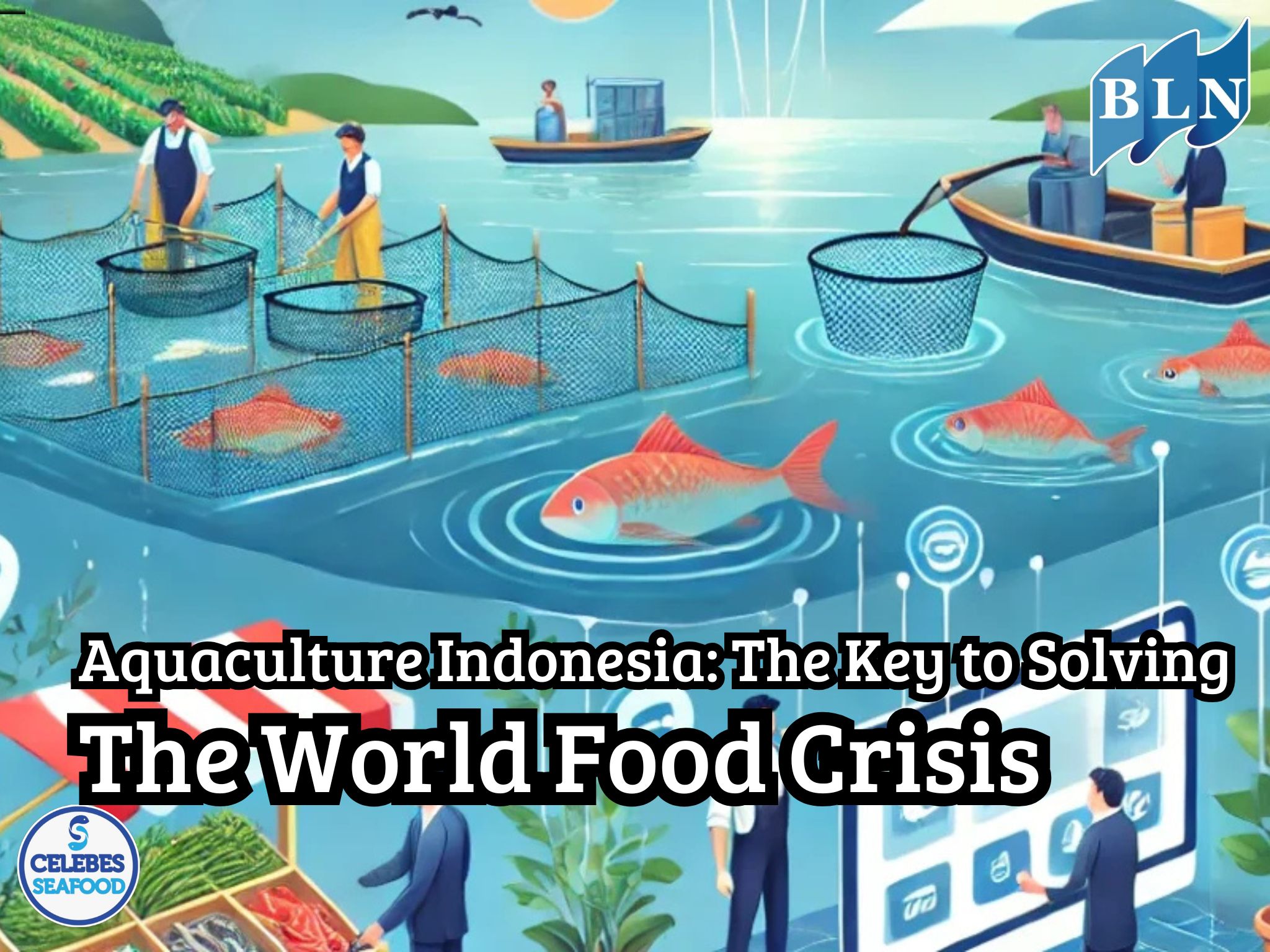
lautnusantara.com Amidst global challenges related to food security and climate change, aquaculture has emerged as one of the promising solutions. Indonesia, as one of the largest archipelagic countries in the world, plays a vital role in this scenario. With its abundant aquatic resource potential, Indonesia is at the forefront of the aquaculture revolution, offering valuable lessons and opportunities to address the world’s food crisis.
The world today faces a major challenge in meeting the growing food needs due to population growth. According to the UN, the world population is expected to reach nearly 10 billion by 2050, increasing pressure on limited food resources. In this context, aquaculture in Indonesia is not only an answer to national food needs, but also has the potential to be a global solution.
History and Development of Aquaculture in Indonesia
Indonesia has a long history of aquaculture practices. From traditional fish farming in rice fields and ponds to the development of modern aquaculture technologies, Indonesia has shown significant growth in this sector. With more than 17,000 islands and around 81,000 km of coastline, the country has great potential for aquaculture development.
Potential and Diversification of Indonesa Aquaculture
Aquaculture in Indonesia is not only limited to fish farming, but also includes shellfish, shrimp, and seaweed. This diversification provides economic and ecological benefits, allowing for more efficient and sustainable use of resources. For example, seaweed farming in Indonesia has developed into an important industry, with products used in the food, cosmetics, and pharmaceutical industries.
Read Also : Economic Transformation of Coastal Communities through Sustainable Fisheries Innovation
Technology and Innovation in Indonesia Aquaculture
To optimize production and minimize environmental impact, Indonesia has adopted various innovative technologies in aquaculture. Biofloc technology, for example, is used in shrimp farming, converting waste into food sources and increasing the efficiency of resource utilization. In addition, the use of recirculating water systems (RAS) helps reduce water use and minimize environmental impact.
Local Community Engagement and Economic Empowerment
Aquaculture has become the economic backbone of many coastal communities in Indonesia. Government programs and private initiatives have increased the production capacity and skills of local communities. This has not only helped in increasing community incomes but also in maintaining sustainable farming practices.
Aquaculture and Environmental Sustainability
Despite its many benefits, aquaculture also faces challenges in terms of environmental sustainability. Issues such as habitat degradation, antibiotic use, and waste discharge need to be carefully managed. Sustainability initiatives such as eco-friendly farming and the integration of ecological principles in aquaculture have become a major focus in Indonesia.
Aquaculture as a driver of Food Security
With the ever-increasing population, food security is becoming a pressing global issue. Aquaculture in Indonesia offers a solution that can help meet the growing demand for food. With efficient and sustainable practices, aquaculture can provide a stable and sustainable source of protein.
International collaboration and Knowledge Transfer
Indonesia also plays an active role in international collaboration in the field of aquaculture. Through cooperation with global institutions and knowledge exchange, Indonesia contributes to the development of aquaculture technology and best practices that can be applied globally.
Indonesian aquaculture is not only key to national food security, but also has the potential to make a significant contribution to the global solution to the food crisis. Through innovation, sustainability, and community engagement, Indonesia shows how aquaculture can be a vital part of the world's food future.
If you are interested in our , MILKFISH WHOLE ROUND, Goldband Snapper Fillet Skinless, BARRAMUNDI COD WOLE GILLED GITTED / WHOLE ROUND, GOAT FISH BUTTERFLY SKIN ON please do not hesitate to contact us through email and/or whatsapp.
